The Silver Lining on the Bipolar Cloud
In middle school I wanted to be a writer. The only other job that appealed was archaeology, though not just any archeology. I had no interest in digging up Saxon villages or reconstructing Iron Age forts. I wanted to be an Egyptologist. Egyptology and fiction had more in common that it might appear. Both engaged my love of mystery and magic, and both relied on constructing a serviceable narrative.
By 16 my teachers were suggesting I sought publication, although I was too thin-skinned to consider such a thing. During my English degree (archaeology had long since lost its allure) I eagerly signed up for creative writing classes.
My poems and stories were well received, but somehow after that I ground to a halt. I’d feel an occasional creative glimmer and produce a poem, but anything longer seemed beyond me.
Throughout my teens I’d had mood swings, although I told myself that all teenagers were moody. I had no way of knowing my low phases were worse than friends’ gloomy spells. Depressed, I was just about able to make it to school where I did the bare minimum.
Anything else – including writing – was an impossible luxury. But there was another side of me, a different mood I couldn’t identify, something that stopped me sleeping and made my mind run at incredible speed, bubbling over with ideas for writing. I would plan a story, or even a novel, but despite being convinced of its brilliance I would move on to the next idea without even making a start. When I did fire up my mother’s new word processor I felt I was not so much creating fiction so as channelling it, tapping into something already out there.
At 20 I was diagnosed with bipolar disorder (in 1994, this was still a newish name for “manic depression”). It would be nice to say diagnosis helped me get my moods under control, but in truth the whole business frightened me and I walked away from treatment. Over the next few years my life narrowed, was often about struggle, survival.
I was too ill and too busy with young children to even consider writing. Then, as I headed towards 30, my moods simply settled, for no discernable reason. For the first time in my life, I was able to do the things that “normal” people did. I developed a career and enjoyable hobbies, but in amongst all that busy-ness I rarely even thought of writing.
Two years ago, after almost a year of pretending otherwise, I was forced to admit that my bipolar had returned. I’d felt so well for so long! I didn’t want to go back to a psychiatrist. I didn’t want to take time off. What was I to do all day, at home by myself? How was I to accept the transformation from dynamic working mother to sick person? And then I remembered the blog I’d half-heartedly started, the one where I’d planned to talk about books.
I tentatively typed out a post exploring my anxiety and depression and was surprised when around 50 people read it. Encouraged, I blogged again as my new psychiatrist confirmed the bipolar diagnosis and started me on meds. Pretty soon, I was posting a couple of times a week. Then in July 2011 I wrote something I was genuinely nervous about publishing. “Ten things not to say to a depressed person” was a frank account of insensitive reactions I had experienced towards my illness over the years. My cursor hovered over the “publish” button. Did I dare?
38,000 people read that post. Another 38,000 returned to read its companion, “Ten supportive things I’m glad somebody said to me.” I read every comment with gratified amazement. People thanked me over and over for posting, for writing what felt like their own experience of depression. The post, they said, expressed the things that they could not, and now they felt less alone. Something about my writing worked.
Today I post on my blog much less; there just isn’t much time. I often write guest posts and have started to receive small payments for magazine articles but above all there is “the book”. What started as a collection of blog posts has become something much more significant. The Incoming Tide is a memoir, an account of living with largely untreated bipolar disorder and how it has dominated my life.
I don’t claim it will be easy to read but I have a strong sense that this, and not something gentler and less challenging, is the book that wants to be written. Sometimes, when work is going well, I almost have that old sense of channelling. At other times peeling back the layers of my life feels like archaeology.
It would be wrong to say I am grateful for my relapse. I eventually lost the career I’d worked hard to build because I was regularly incapacitated, and I was periodically suicidal and in crisis. Yet the emergence of my voice as a writer feels like a gift.
At present I’m polishing my memoir before seeking an agent, but even if it is never accepted for publication, having written a book-length work whilst recovering from acute bipolar is something I’ll always be proud of. I don’t fully understand how being unwell has helped me come full circle and see myself as a writer again, but that’s OK. I’m happy to put it down to magic and mystery.
—
Charlotte Walker is a freelancer in the field of mental health. She blogs regularly for mental health and disability sites as well as on her own blog, http://purplepersuasion.wordpress.com, and is an expert speaker for the UK’s leading mental health charity, Mind. She also offers mental health service user-centred training and consultancy as one half of Insider Training. Charlotte tweets as @BipolarBlogger.
Category: Being a Writer, Blogging, Contemporary Women Writers, On Writing


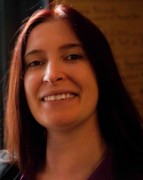



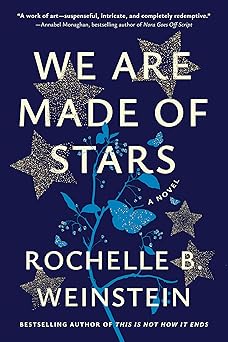
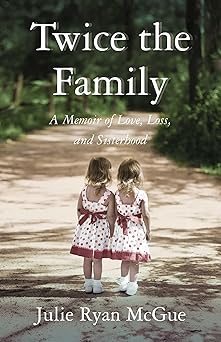
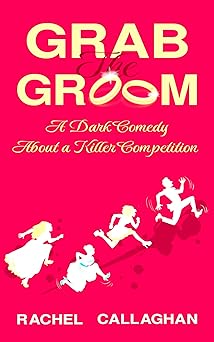


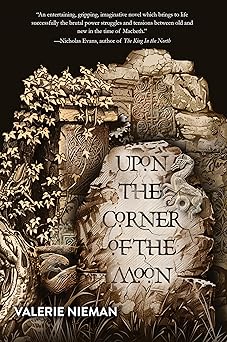
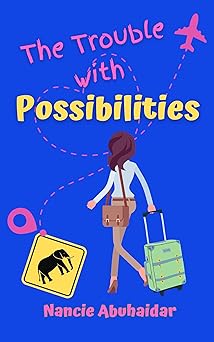
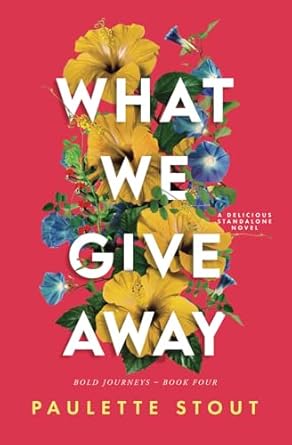
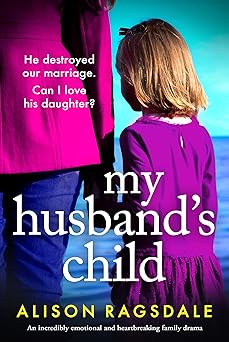
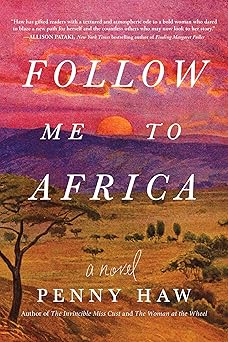
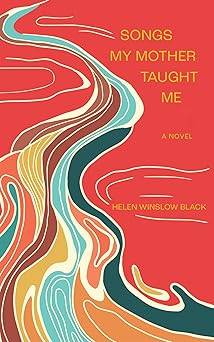
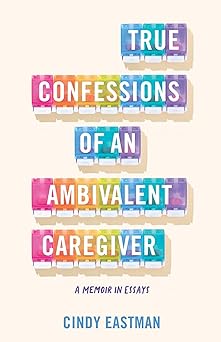
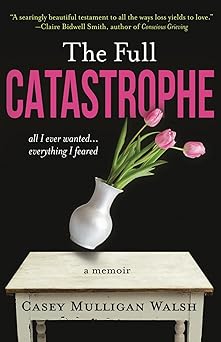

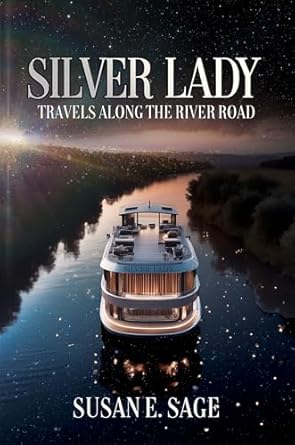
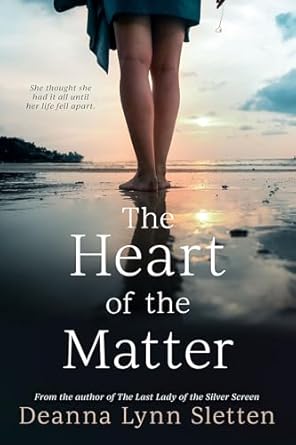
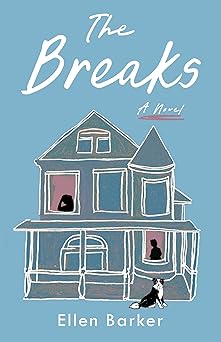
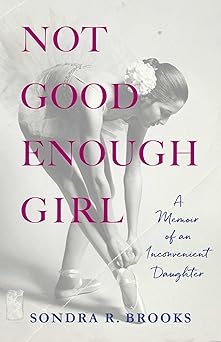
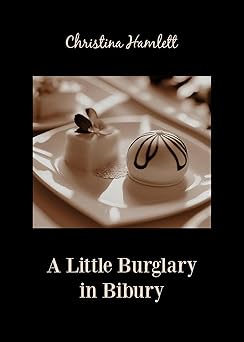
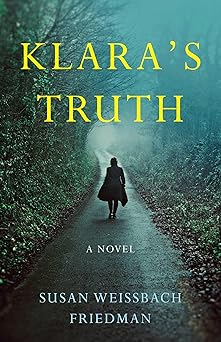
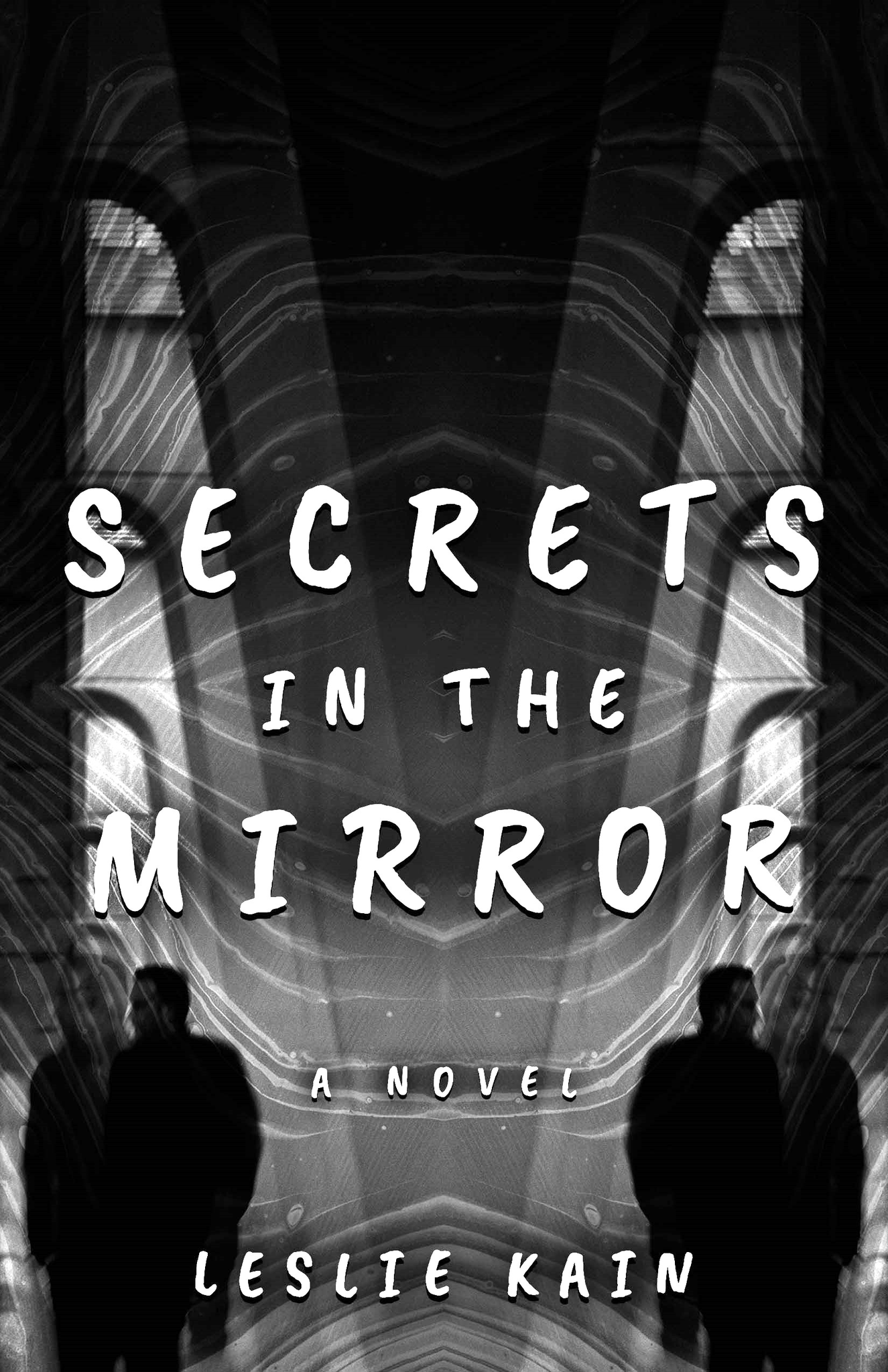
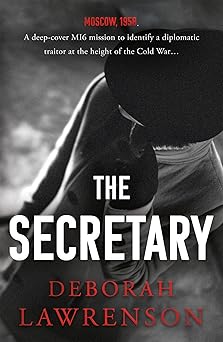
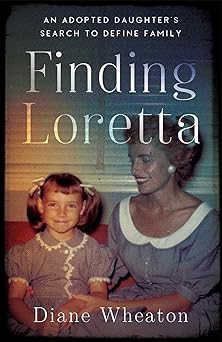
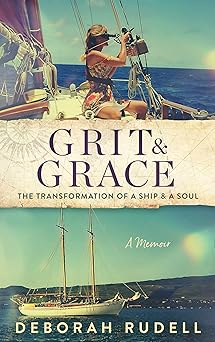
Dear Charlotte,
Your article spoke to me so deeply, especially this line:
“having written a book-length work whilst recovering from acute bipolar is something I’ll always be proud of.”
I, 2007, I was diagnosed with bipolar one disorder after the birth of my daughter. I’ve written a book titled “Birth of a New Brain – Healing from Postpartum Bipolar Disorder” with a foreword by Dr. Walker Karraa.
Two months ago I received an email on my birthday of all days informing me that my book proposal had been accepted by Post Hill Press for publication.
Your words validated my sense of pride in my accomplishment. Not everyone has understood the significance of my work, but you understand, and it’s truly wonderful to know that.
I wish you the absolute best.
Thank you!
Dyane
Hi Charlotte, Just a quickie as I know my battery is going to run out in a minute, but wanted to say I really enjoyed reading this blog entry. It’s great to discover you! I’ve seen you around on Twitter but have finally clocked you properly. I’m new to Twitter, blogging, and am just finding my way but have lived a weirdly parallel story.
The book sounds brilliant. I’m also really looking forward to reading it. A really great realization for me, too, is that we’re not in competition as writers but each provide facets of the truth. A neurolinguist once told me “People need to hear your voice; the language that only you speak in. It’s your duty, in a way, to write”. I was thinking of this about you too; your language. Thanks so much for the truth you express, your strength and honesty. It inspires many, as you know.
I wasn’t diagnosed until I was in my late thirties, With treatment my life has made such a turn around. It is because of my mental health challenges that I write – it helps me escape – but it is because of the treatment that i have been able to pursue writing as a career.
I also blog about my writing and my bipolar – it is cathartic and I hope can help at least one person feel less alienated by reading it.
Good for you and best of luck
R. M. Ridley
http://creativityfromchaos.wordpress.com/
Charlotte,
It’s strange how a difficult life event that could be perceived as a misfortune (bipolar in your instance, chronic/intractable migraine in mine) ends up being the catalyst for a life spent doing what we love. There’s a gift in everything, if we just know how to find it. Recognizing that and accepting it usually helps keep the regrets and resentments at bay. (At least it did for me.) I am awed by your experiences, and I can’t wait to read your memoir. Bipolar and other mood disorders run in my family, and while I don’t have the diagnosis myself, I know very, very well what you’re describing here. Thank you for sharing your story. May your words inspire others.
Warm regards,
Sarah
I am so looking forward to your memoir… and I so appreciate your post all the way through and through. I believe that my voice as a writer is also emerging because of a chronic illness Yes, sometimes what takes also gives. Your message really resonates, in many places and especially here:
“When I did fire up my mother’s new word processor I felt I was not so much creating fiction so as channelling it, tapping into something already out there.”
:0) Looking forward to your book!
Hi, Charlotte–
Thanks for your beautifully honest portrayal of writing through mental illness. I was moved by your discussion of the relapse of bipolar disorder, and how you did not want to admit it. In some ways, I think our writer’s minds have a sort of sixth sense about what is coming before we are actually ready to consciously admit it. Writing gets us to admit the truth about your circumstances, helps us process what’s coming before it in fact presents itself. My novel was about a young woman coping with cancer, and then less than six months later, I was hit with my own health crisis. I wonder if the writer in me saw it coming….
“It would be wrong to say I’m grateful for my relapse…..but the emergence of my voice as a writer feels like a gift” That’s so how I feel. I sometimes wonder if growing as a writer is a pyrrhic victory given the pain we must sometimes go through to get there, but I quickly put that worry aside, and hope people can learn from the story that I have to tell as a result of that struggle. That’s just victory! But it does sometimes feel like a Sophie’s Choice.
I have students working through various personal struggles within their writing, and they often have some apprehension about publishing. One of my students, like you do in paragraph #9, described hitting the “submit button” as a “what have I done?” type of reaction. I really like your point that there’s a lot of value to simply writing through the illness (or any situation that a person may go through) even if its not read by a mass audience in published book form. It’s awesome that 38,000 people read your blog post though.
I’ll look forward to following your blog in your future, and learning from it. You write with such strength and honesty. All the best to you.
Take care,
Christina, author of the blog “Writing the Storm: The Hard Stuff, and How to Write Through It”
I have found that writing is a great way out of the depressive end of the cycle. I have loved to write for as long as I have been able to string sentences together. I have also suffered with Teenage Depression that is only no being connected to Bipolarism. I have always found normal tasks hard and been a dreamer. This is the sort of thing that will help others realize they are not alone and there are people out there who even in just a small way can help.
Hi there Charlotte..great post but wish I’d known you were going through all this back when we were training, if only to offer some support. You were always very eloquent during lectures and I really hope your book is published and you find a happy medium between the highs and lows of your illness. Am on facebook if you want to look me up, but if not, all the very, very best!! Kelly
“I was too ill and too busy with young children to even consider writing. Then, as I headed towards 30, my moods simply settled, for no discernible reason. For the first time in my life, I was able to do the things that ‘normal’ people did.”
THIS. I’m experiencing THIS, children included. And looking back at my twenties and struggling with the fact that normal people got so much done. It is so easy to feel left behind–stunted. But yes, also grateful for the fact that we learn, through illness, how not to take the normalness for granted. Thank you for this post. 🙂
What a beautiful post! Thank you for being a voice bringing light to the personal experience of the challenge of mental health.
I loved this paragraph about your Memoir, that it is the book that wants to be written. Also the linking back to previous interests / experiences of channeling and archaeology:
“I don’t claim it will be easy to read but I have a strong sense that this, and not something gentler and less challenging, is the book that wants to be written. Sometimes, when work is going well, I almost have that old sense of channeling. At other times peeling back the layers of my life feels like archaeology.”
You do a beautiful job in threading your themes through your essay, and end it with grace:
“I don’t fully understand how being unwell has helped me come full circle and see myself as a writer again, but that’s OK. I’m happy to put it down to magic and mystery.”
Wonderful! – Anora McG, Editor